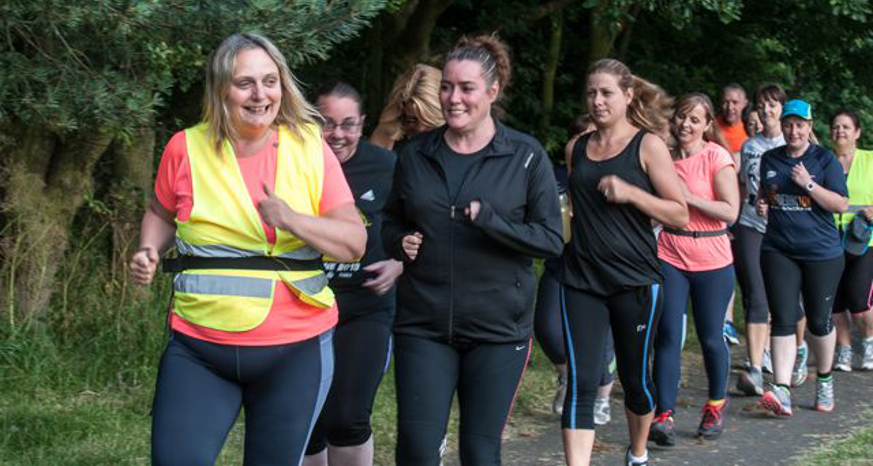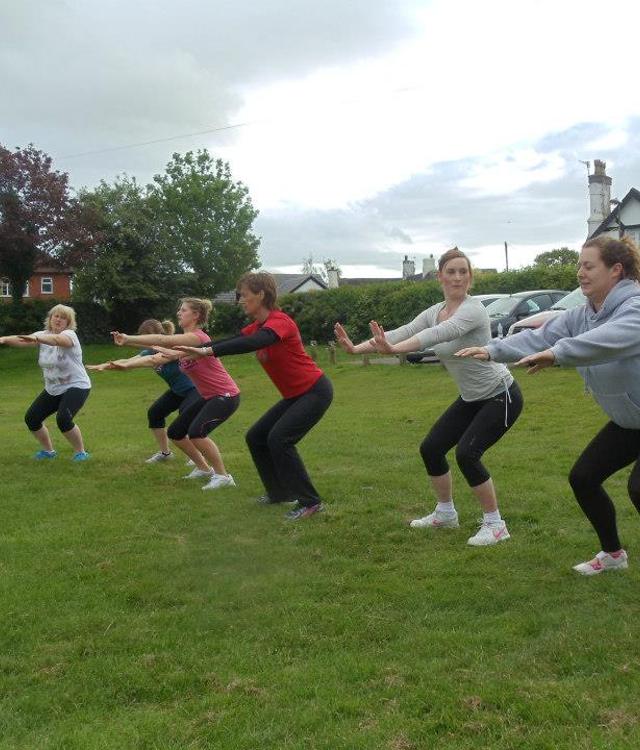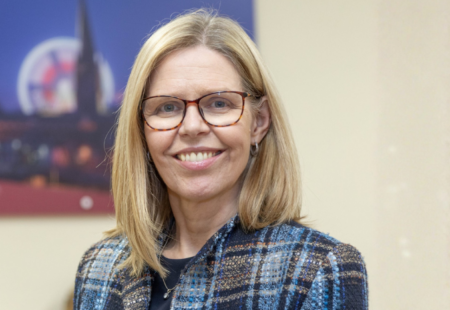10-minute activity challenge issued to Chesterfield’s workplaces
A New Year campaign with a difference aims to spark hundreds more people across Chesterfield into taking up an active lifestyle in 2017.
The Active Lunch Challenge will help people to complete ‘bite size’ chunks of exercise of just 10 minutes in and around their working day.
Participants can then log their progress online, set personal targets and check their progress alongside their colleagues – with spot prizes for taking part providing even more of a motivation.
Rachael Dyer, Sport Development Officer for Derbyshire Sport, who run the challenge locally, said:-
“We know that not having enough time in the day presents the biggest barrier to people staying active every day.
“This is about encouraging people to make the most of their time at work especially during the lightest and brightest part of the day over lunch. By introducing small amounts of activity, it can help adults reach a recommended 150 minutes of physical activity per week.
“Whether that is a quick 10-minute walk to the shop at lunch or taking the stairs to see another colleague, it all counts. Just a little makes a big difference to your life.”
The Active Lunch Challenge is the latest concept by the Derbyshire Workplace Challenge that has already helped more than 2,300 people get up from their desk chairs and get moving.
More than 400 workplaces have signed up, with more than a quarter of people taking part describing themselves as inactive when started.
Of those who have joined so far, 65 per cent of registrations are women with the national This Girl Can underlining the value of staying active.
Chesterfield workplaces to get involved include Kier Asset Management, Rykneld Holmes, Royal Mail, Brookfield Community School and Chesterfield Borough Council.
The eight-week challenge begins on Wednesday January 4 and runs until February 28. It is free for employees, allowing them to log activity and support colleagues in company-wide, local and national challenges.
It aims to tackle Seasonal Affective Disorder (SAD) and help address Public Health England figures that show an estimated 40 per cent of people do not exercise enough.




